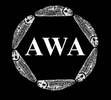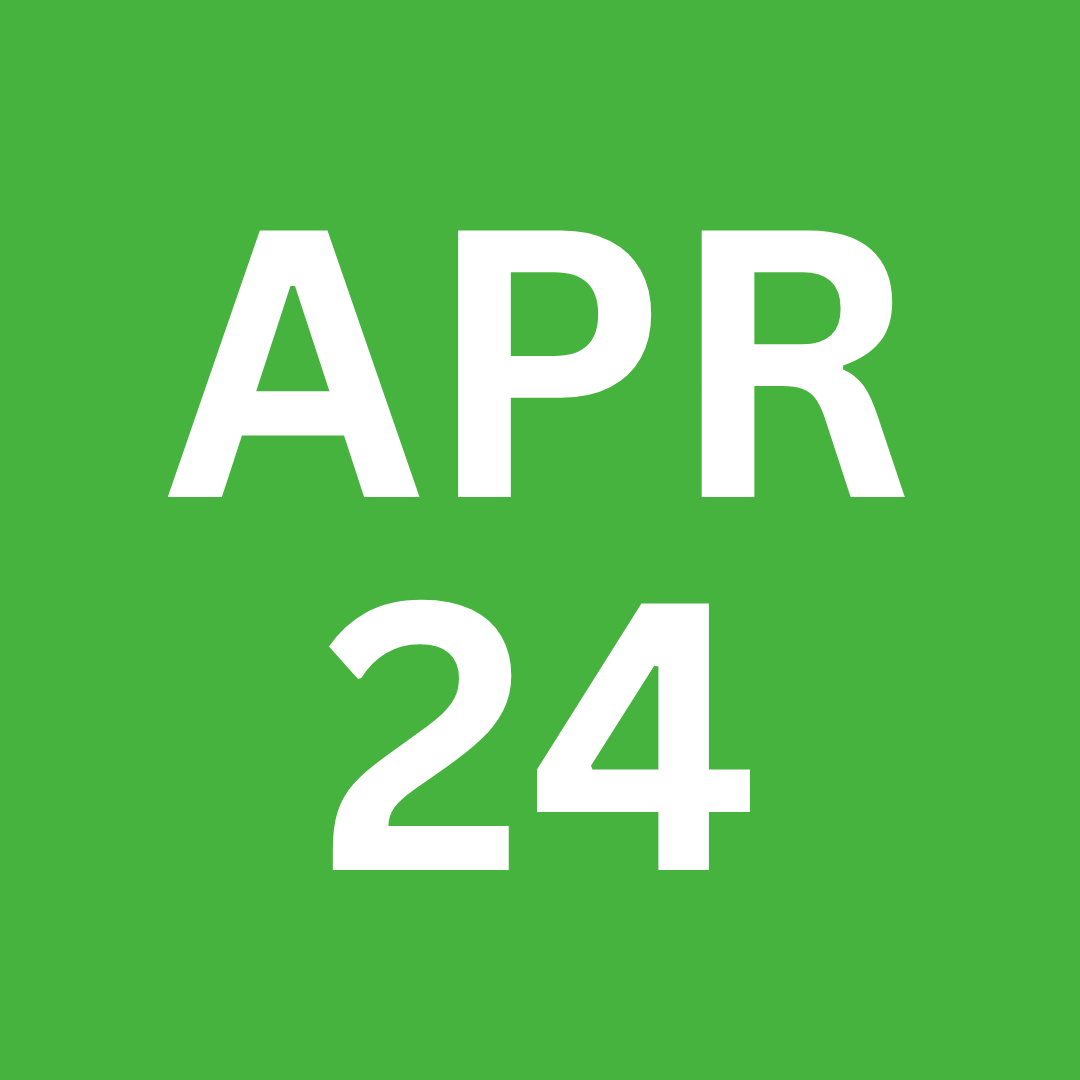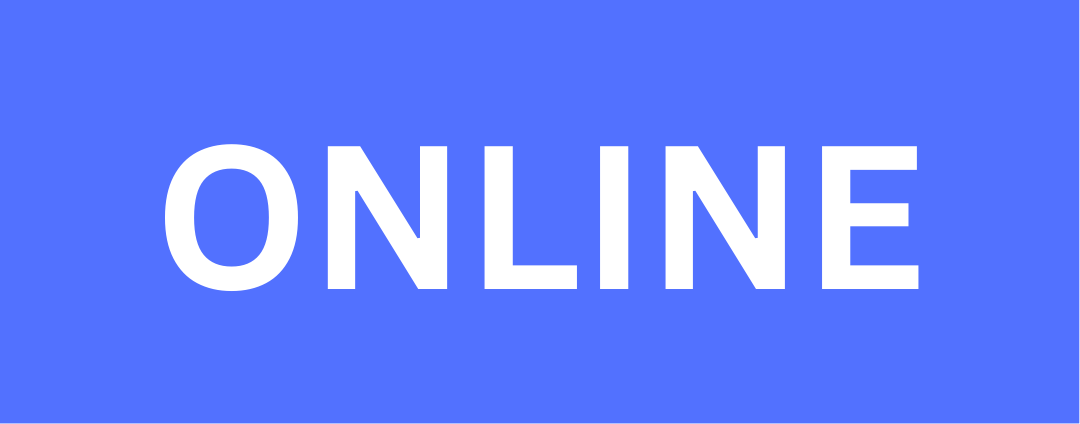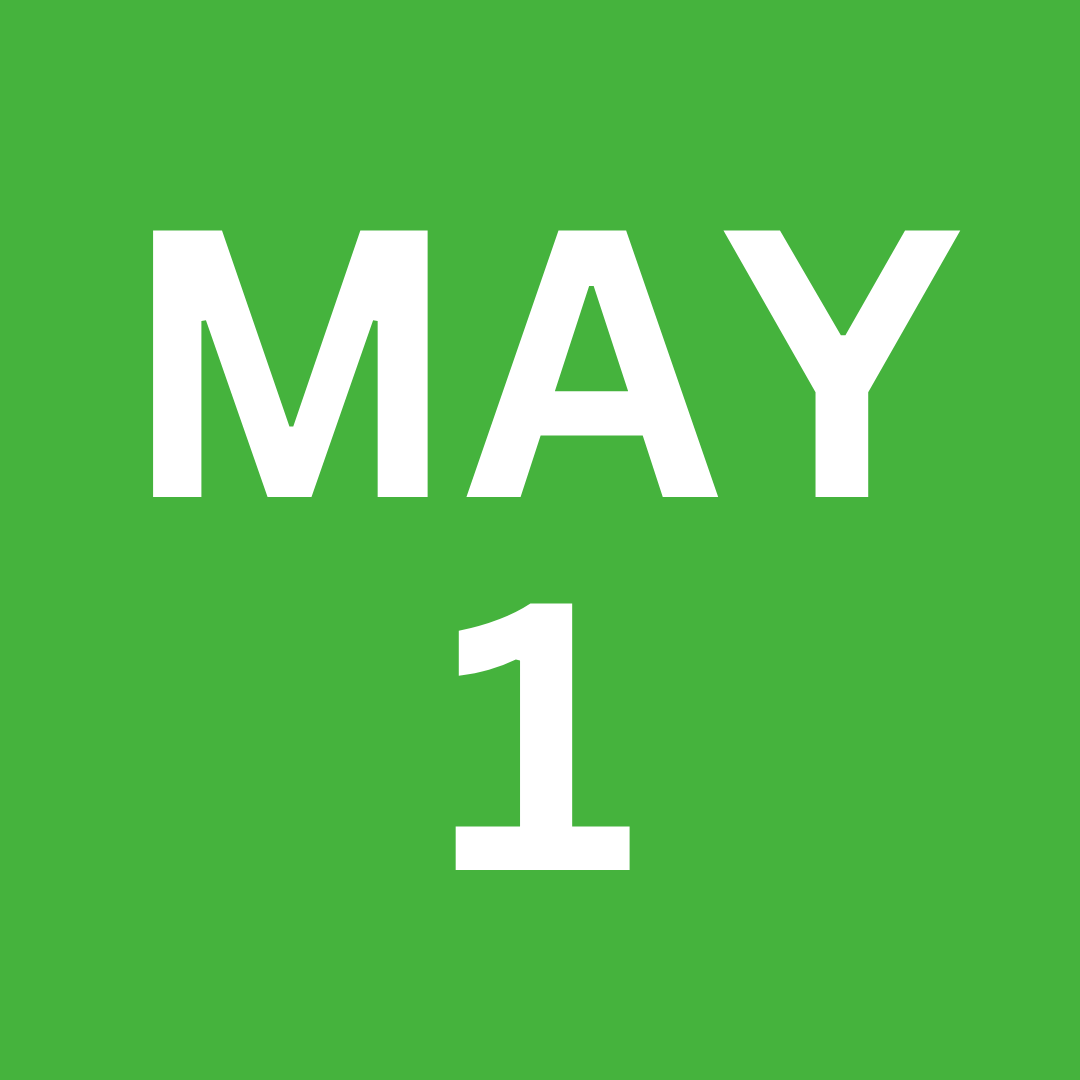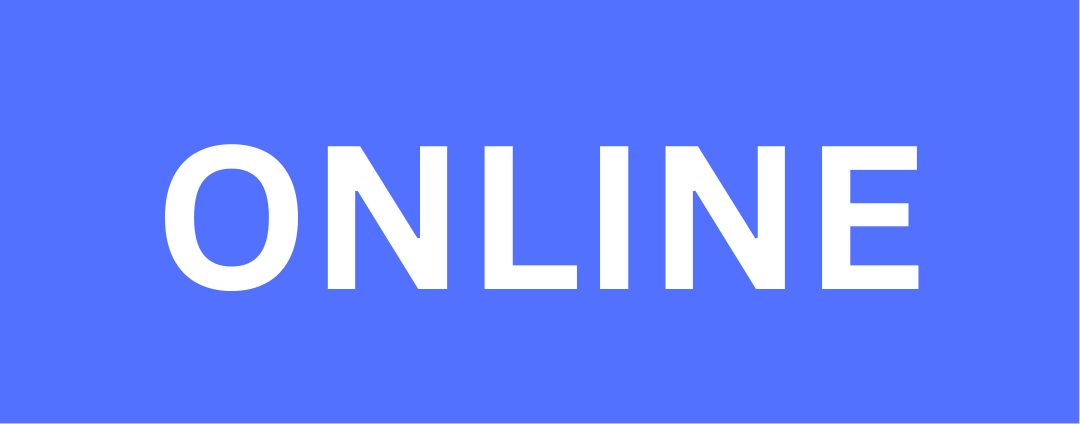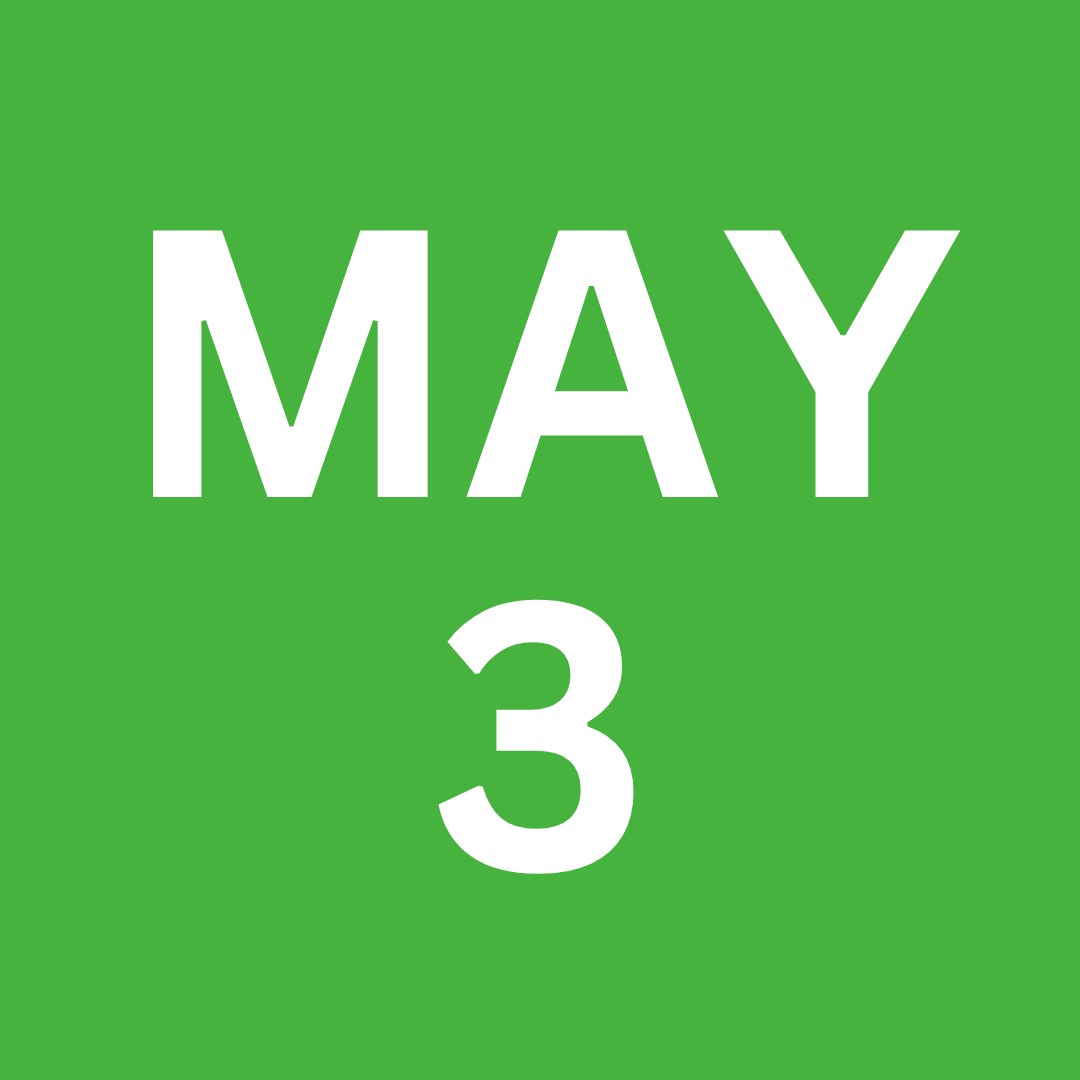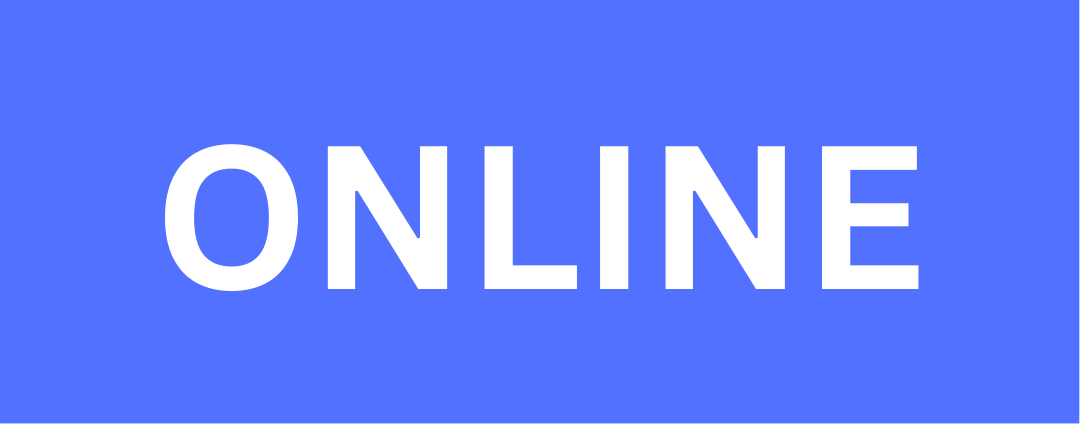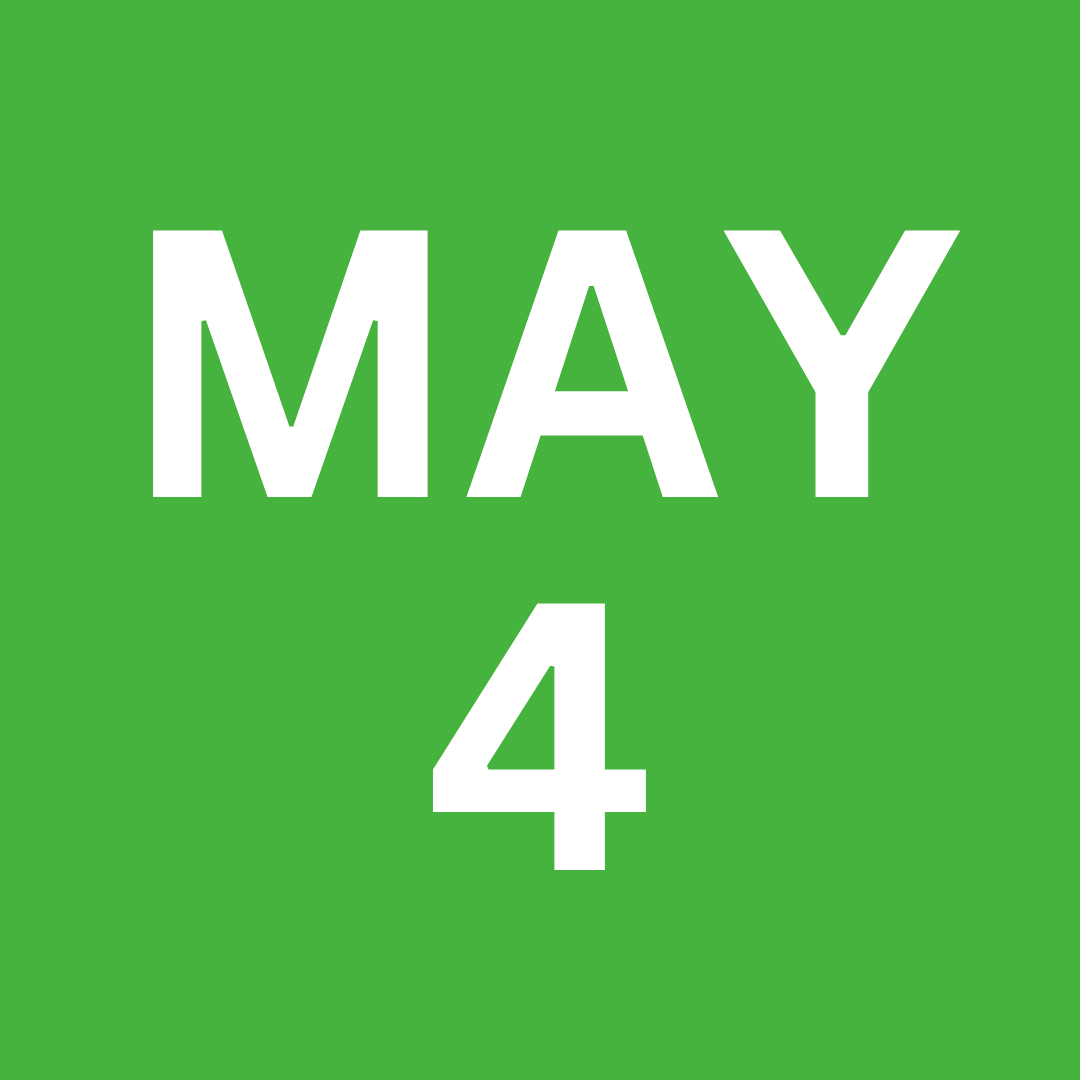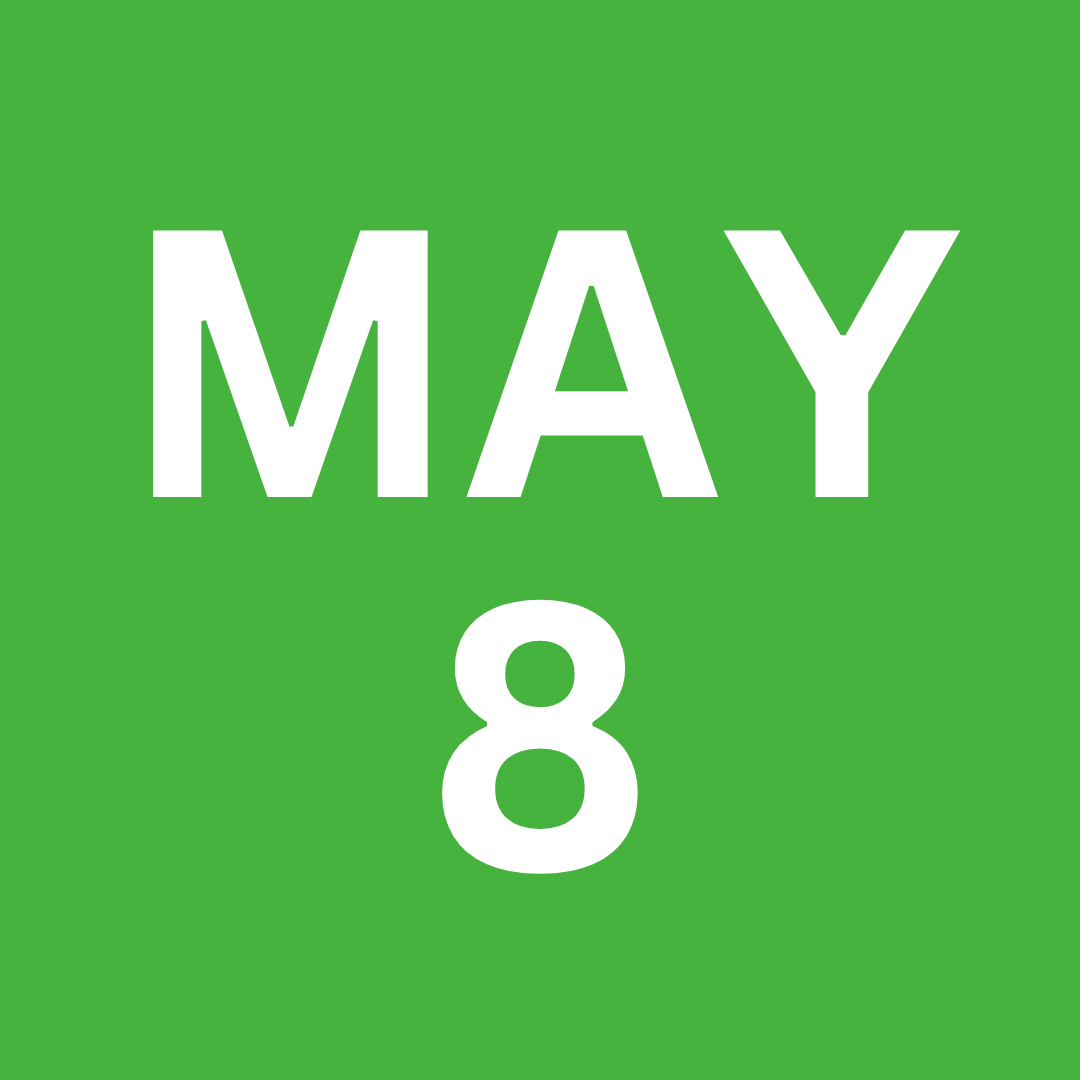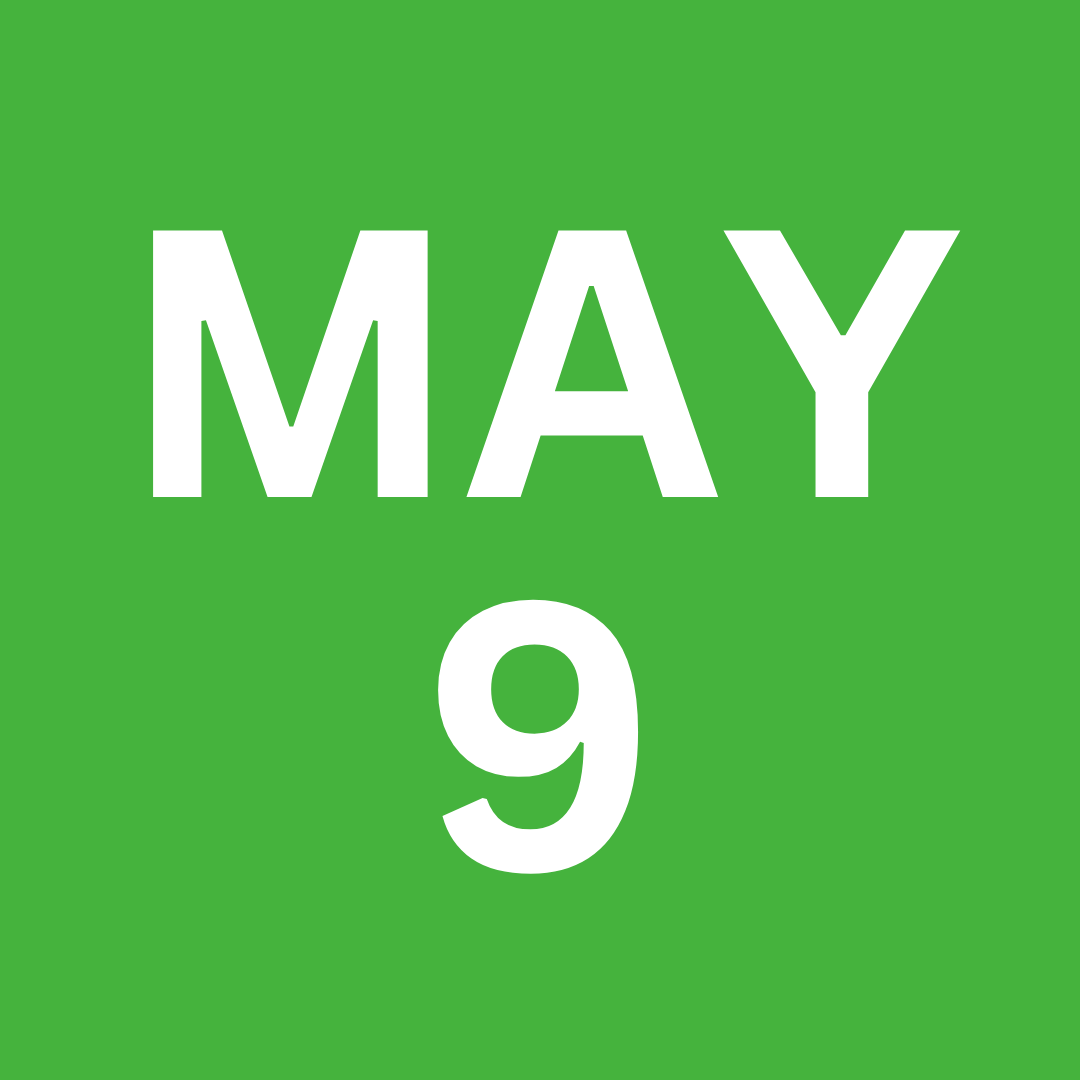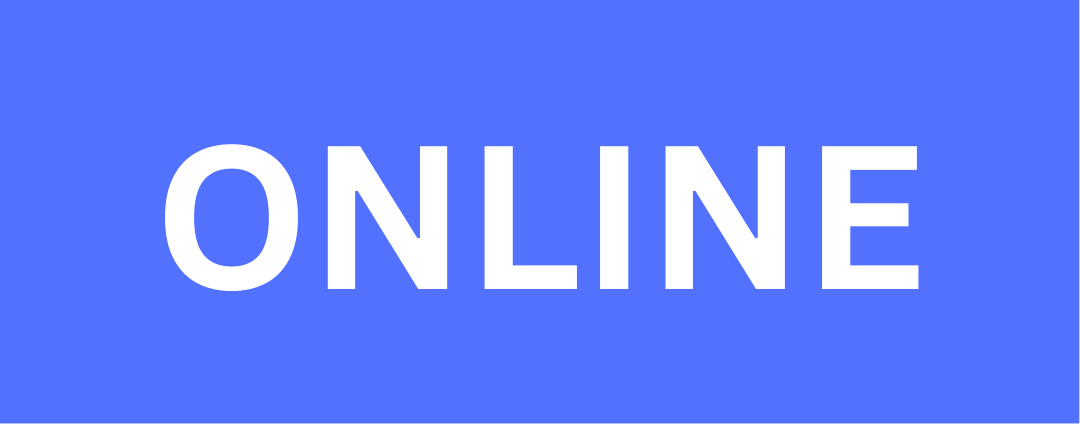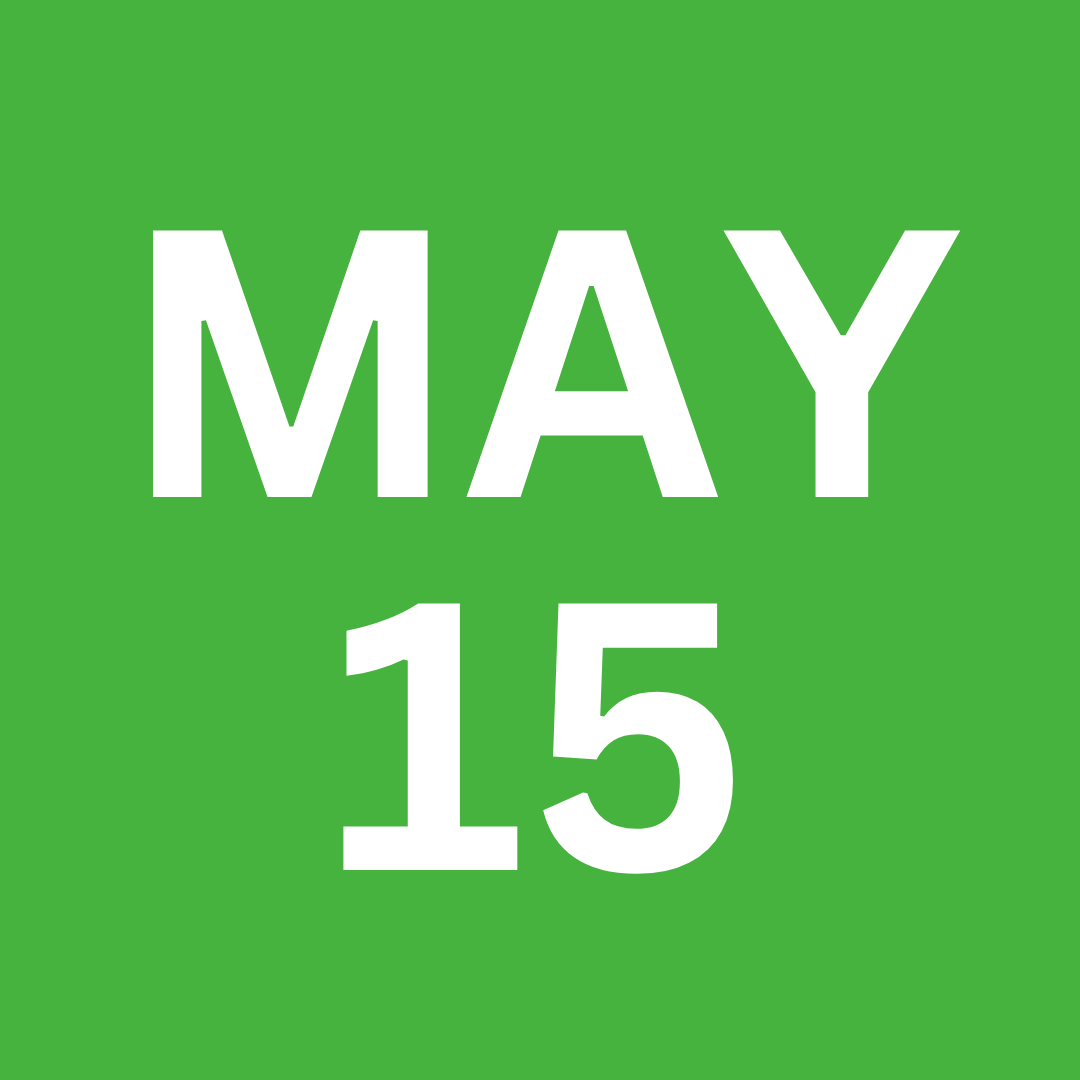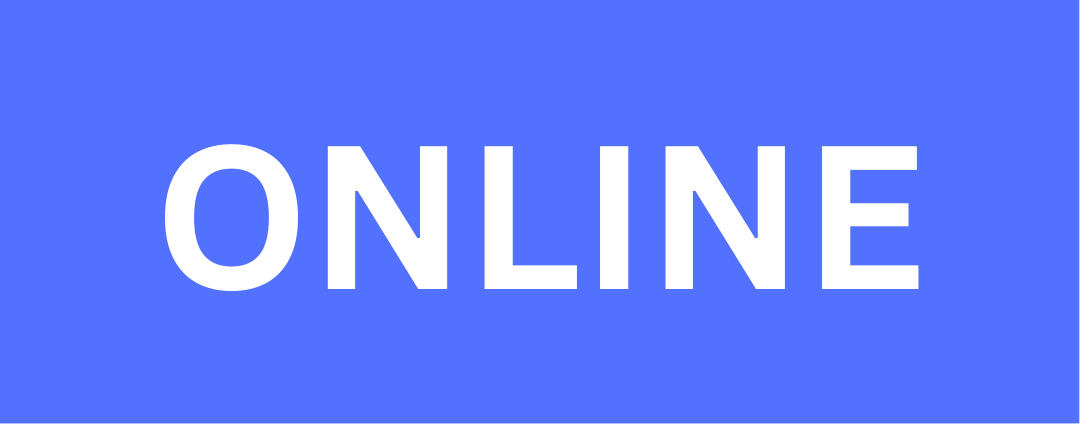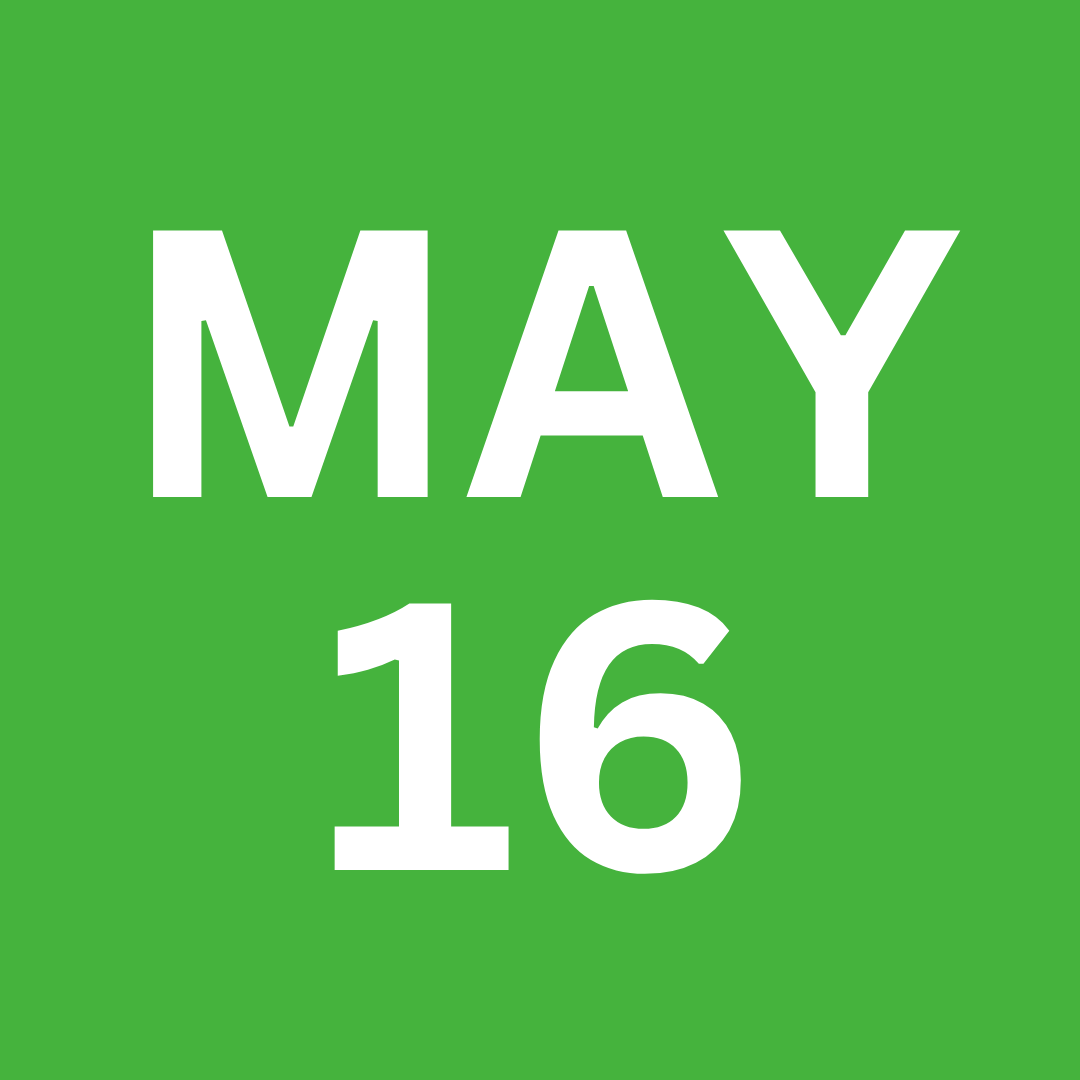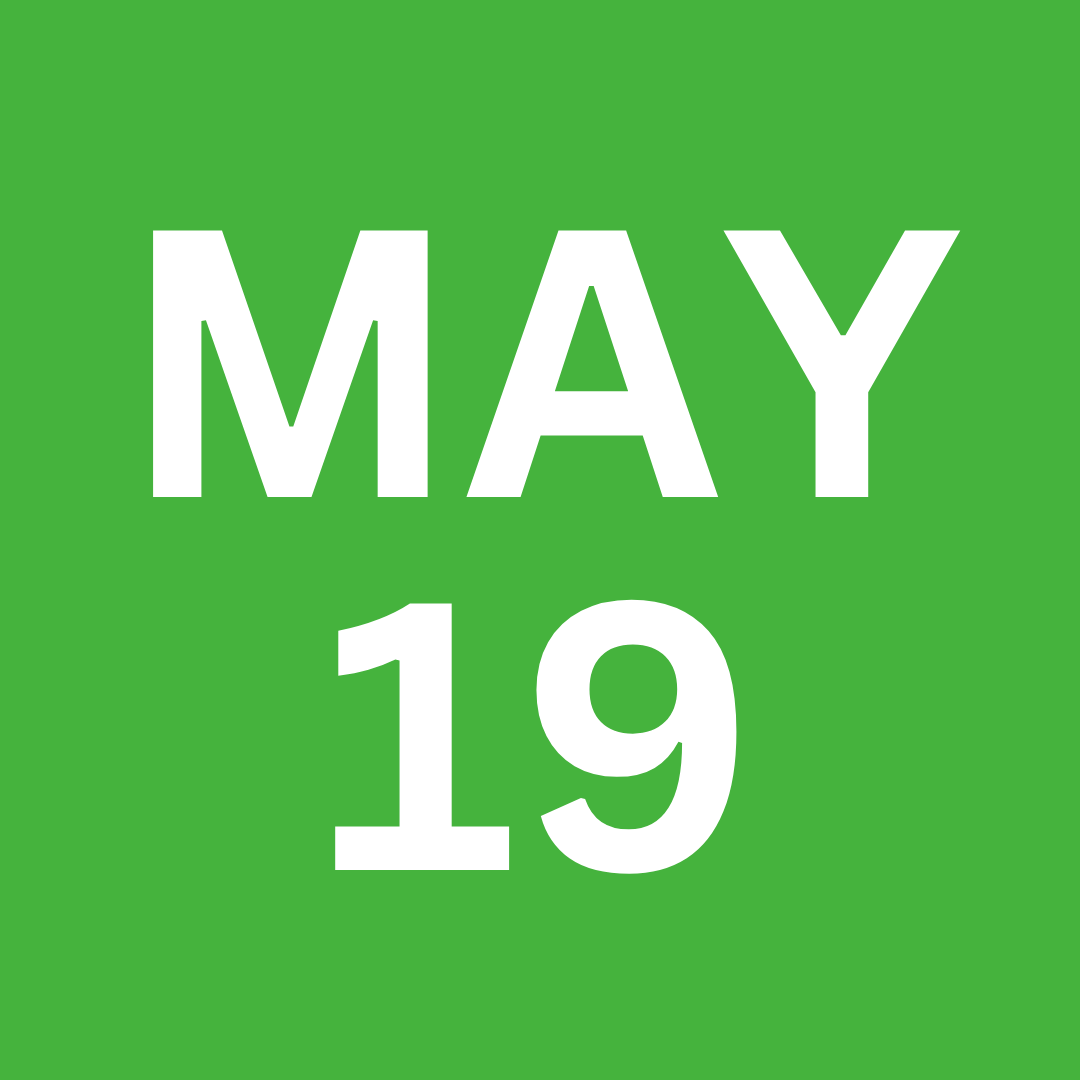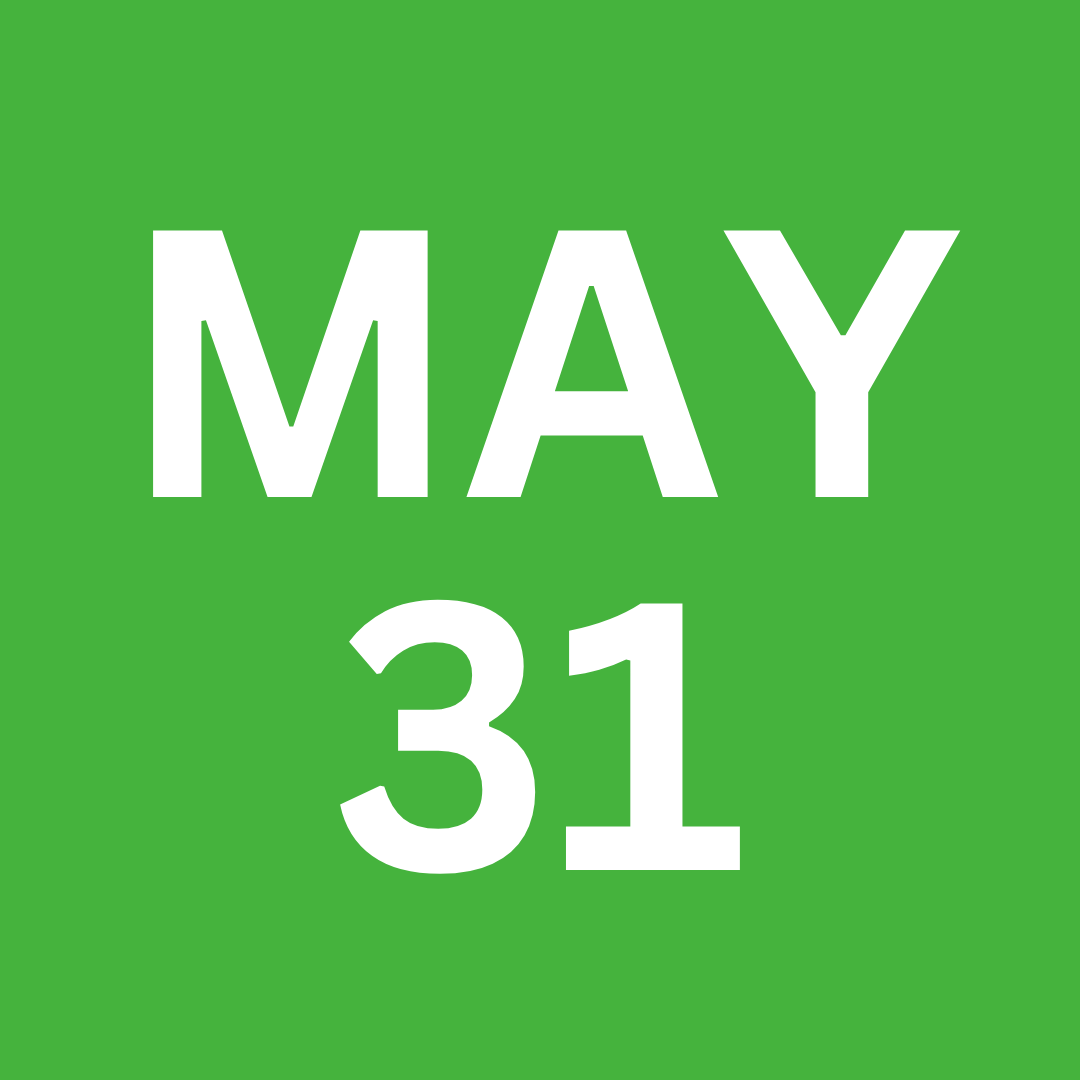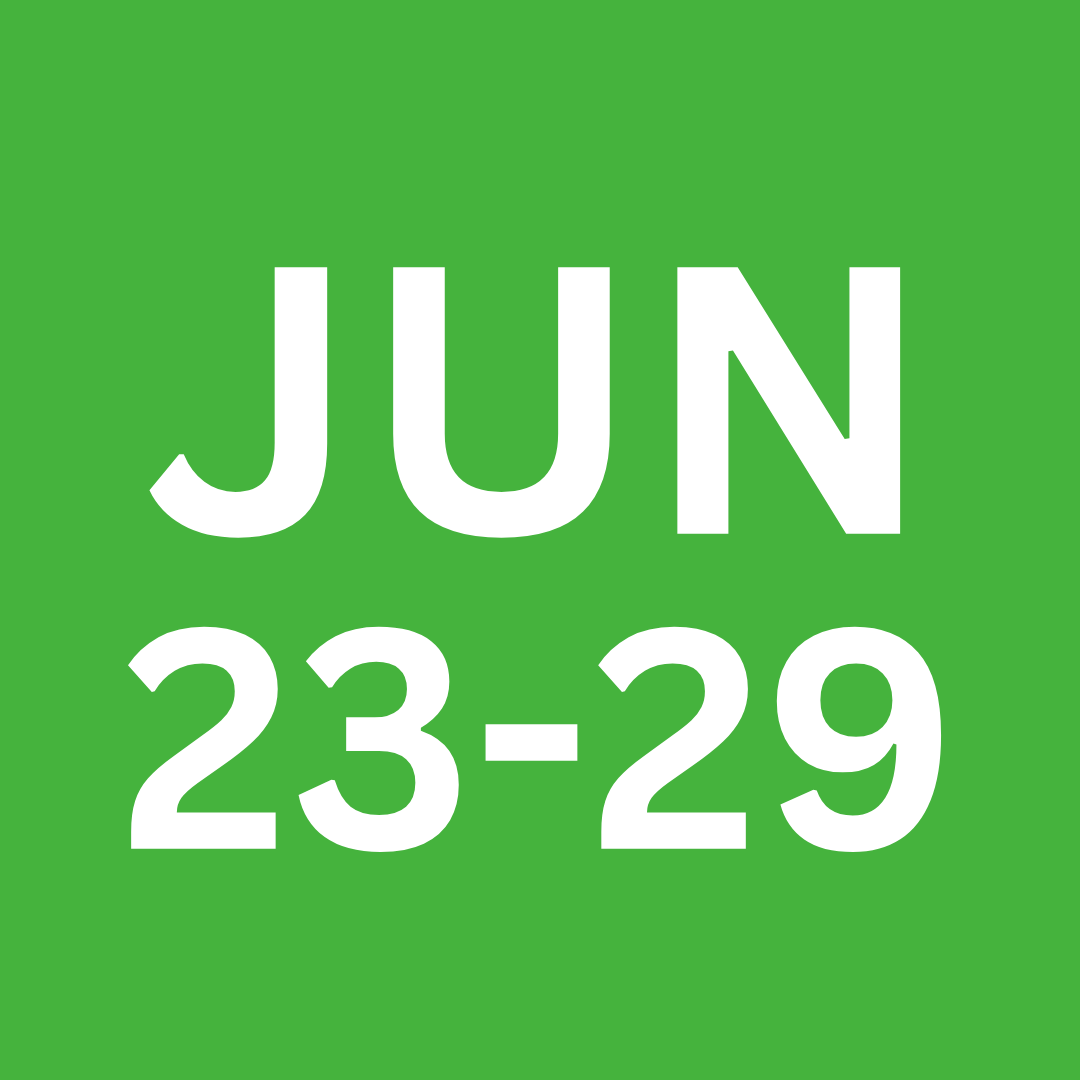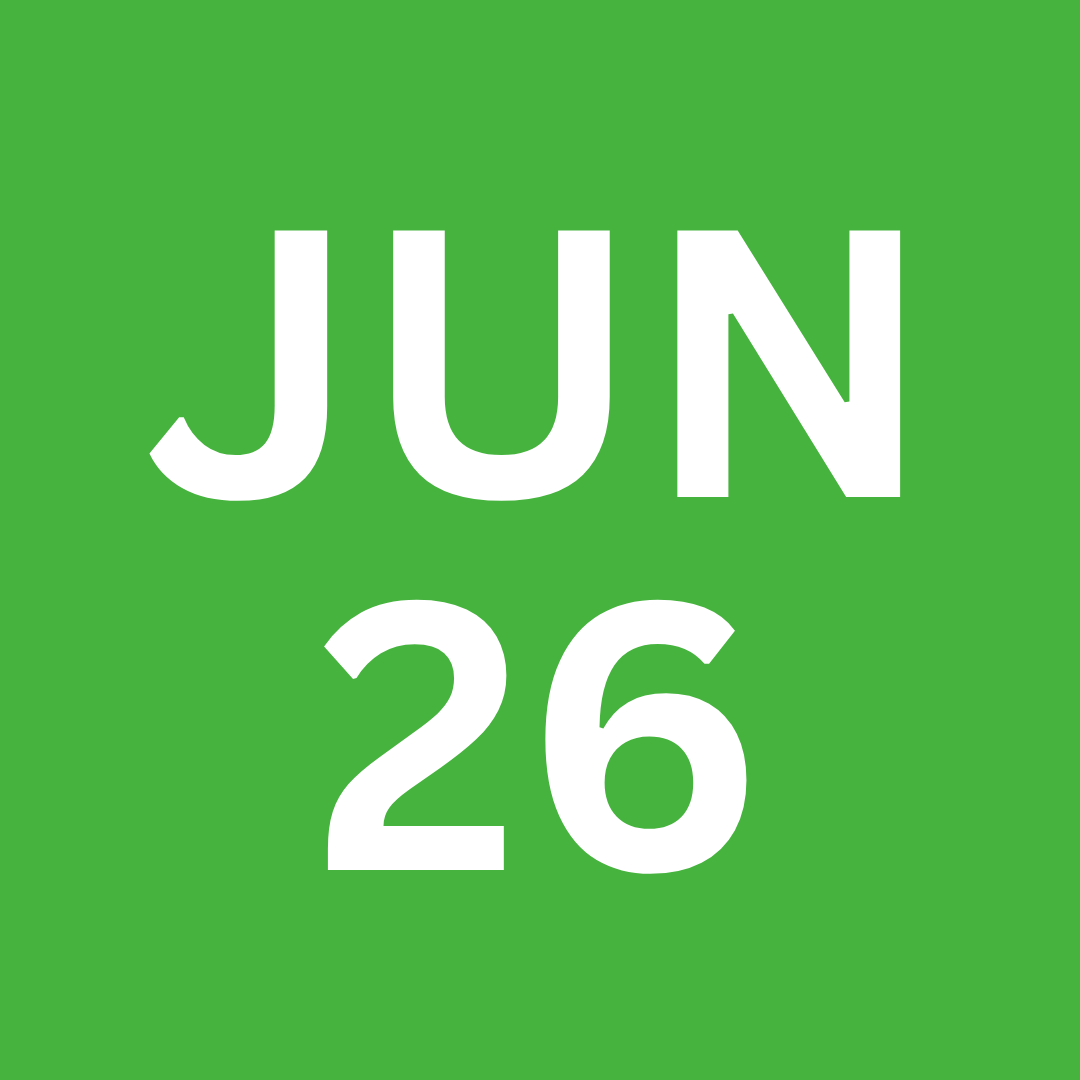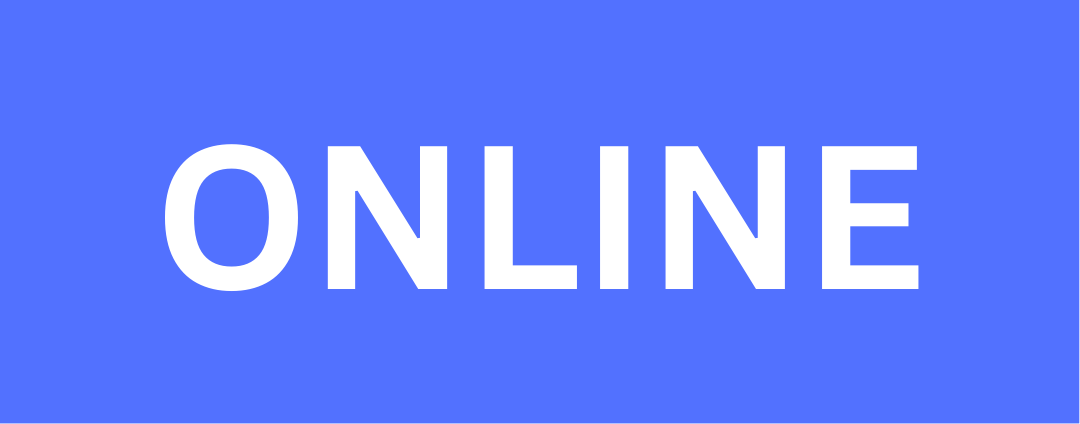Free Field Experience and Technician Training
Over the past few years, the Association for Washington Archaeology (AWA) members and affiliated cultural resource management (CRM) companies in Washington have partnered with local tribes, agencies, and universities to offer FREE TRAINING SESSIONS for individuals interested in pursuing careers as archaeological technicians. The AWA Field Technician Training Program aims to provide students, tribal members, recent graduates, early career professionals, and those seeking accessible training with opportunities to develop and enhance their professional skills.
The training sessions are led by volunteer CRM professionals each spring and summer across various locations in Washington. They provide some experience with skills needed for entry-level CRM work, such as pedestrian survey, shovel probes, test excavation, artifact identification, archaeological monitoring, and more. Past sessions have also included introductions to CRM, networking opportunities, guidance on seeking employment, and resume assistance. Efforts are made to offer both virtual and in-person trainings at night, during various weekdays, and on the weekends.
Disclaimer: These technician trainings are intended to help the attendees build their basic understanding of CRM practices in Washington, and instill confidence in participants when applying for jobs. The training sessions are not supposed to replace formal field school. Rather, attending these trainings may help a student, tribal member, recent graduate, early career professional, or someone seeking training fill a gap in their education or get a jump start on a job in CRM. These trainings are offered by professional volunteers to meet their staffing needs. Attendees can list the specific AWA Technician Trainings they attended on their resumes when applying for archaeological positions. Although the AWA Technician Trainings do not meet minimum qualifications for all jobs, such as federal positions that require attending a field school to adhere to Secretary of Interior Professional Qualification Standards, some firms may be willing to hire on new staff with this training experience and provide them with guided, on-the-job supplemental training.
The training sessions are led by volunteer CRM professionals each spring and summer across various locations in Washington. They provide some experience with skills needed for entry-level CRM work, such as pedestrian survey, shovel probes, test excavation, artifact identification, archaeological monitoring, and more. Past sessions have also included introductions to CRM, networking opportunities, guidance on seeking employment, and resume assistance. Efforts are made to offer both virtual and in-person trainings at night, during various weekdays, and on the weekends.
Disclaimer: These technician trainings are intended to help the attendees build their basic understanding of CRM practices in Washington, and instill confidence in participants when applying for jobs. The training sessions are not supposed to replace formal field school. Rather, attending these trainings may help a student, tribal member, recent graduate, early career professional, or someone seeking training fill a gap in their education or get a jump start on a job in CRM. These trainings are offered by professional volunteers to meet their staffing needs. Attendees can list the specific AWA Technician Trainings they attended on their resumes when applying for archaeological positions. Although the AWA Technician Trainings do not meet minimum qualifications for all jobs, such as federal positions that require attending a field school to adhere to Secretary of Interior Professional Qualification Standards, some firms may be willing to hire on new staff with this training experience and provide them with guided, on-the-job supplemental training.
Training Sessions for 2024 are now open for Registration!
Please join us by contacting [email protected] with general questions. We look forward to hearing from you!
Professionals interested in giving trainings should also message [email protected] to express interest.
Professionals interested in giving trainings should also message [email protected] to express interest.
PROGRAM SCHEDULE
Below are the currently offered Technician Training Sessions for 2024, listed in order of the date they are offered. We recommend that all prospective trainees read through the full schedule and line-up of sessions before making selections in the registration sign-up sheet. Once you have signed up for your desired trainings, the various session leads will contact you with important information, such as specific site access instructions or virtual meeting invitation links, closer to the day of your training/s. After signing up, you will also receive notifications for any new sessions added to the list post-launch, as more are likely to be added throughout the month of April.
How to Register: Training sessions are listed on the registration sign-up sheet in order of the date offered. Scroll to the right to view more training sessions. Please enter your email under the column of each training session that you would like to attend. You are allowed (and encouraged) to enter as many training sessions as you would like. Please enter your email under the last entered email in a column.
If there are no more available spaces (the green spaces) for the training you would like to attend, please enter your name in the white space. White spaces are treated as "standby" for slots to open up. For any questions, please contact: [email protected]
How to Register: Training sessions are listed on the registration sign-up sheet in order of the date offered. Scroll to the right to view more training sessions. Please enter your email under the column of each training session that you would like to attend. You are allowed (and encouraged) to enter as many training sessions as you would like. Please enter your email under the last entered email in a column.
If there are no more available spaces (the green spaces) for the training you would like to attend, please enter your name in the white space. White spaces are treated as "standby" for slots to open up. For any questions, please contact: [email protected]
|
Crash Course on Context: Archaeology in the Pacific Northwest
Hosted by Willamette Cultural Resources Associates When: Wednesday, April 24 at 8:30PM to 9:30PM Where: Virtual (On Microsoft Teams) A crash course introduction to the natural and cultural history of the Pacific Northwest designed to help new technicians start getting oriented to the story of this region and the kinds of cultural materials that they will encounter on projects. |
|
An Introduction to the Analysis of Marine Shell
Hosted by Wessen and Associates When: Friday, May 3 at 7:00PM to 9:00PM Where: Virtual (On Zoom) This session will consider how the remains of marine invertebrates from shell midden deposits can be used to interpret cultural behaviors. It will consider dietary reconstructions, seasonality, collecting and processing activities, and social space within the site area. |
|
Shovel Probes in Marymoor Park
Hosted by Perteet When: Saturday, May 4 at 10:00AM to 3:30PM Where: Marymoor Park, Redmond Participants will receive training in how to describe sediments and soils in CRM archaeology, learn tips and tricks for digging shovel probes through a demonstration, and then have the opportunity to dig a shovel probe and complete paperwork. |
|
Lithic Identification and Analysis
Hosted by Willamette Cultural Resources Associates and Pacific Lutheran University Where: Wednesday, May 8 at 7:00PM to 8:30PM Where: Xavier Hall at Pacific Lutheran University An introduction to identifying stone artifacts in the field and the basics of lithic analysis. |
|
The Basics of Human and Faunal Bone Identification
Hosted Thomas Ostrander When: Thursday, May 9 at 5:00PM to 6:00PM Where: Virtual (On Microsoft Teams) This information session will provide the basics of anatomy and description of both human and animal bones. As well as information on how best to describe and photograph materials in a way that an osteologist can best provide an identification. |
|
Virtual Desktop Review of Research Materials for Use in CRM Technical Reports
Hosted by Jason Cooper When: Wednesday, May 15 at 5:00PM to 6:00PM Where: Virtual (On Microsoft Teams) Come join Jason (Northwest Regional Archaeologist of the Washington State Department of Transportation and President of the Association for Washington Archaeology) as he presents a virtual desktop review of research materials available online for use in the development of your CRM technical reports. This online workshop is geared towards identifying accessible web-based historic maps, aerial photographs, and other land use historical documents for use in research, technical reports, and/or dark memes. |
|
Shovel Probes in Skagit County
Hosted by Equinox Research and Consulting International Inc. When: Thursday, May 16 at 9:00AM to 4:00PM Where: Skagit County Nearby Mount Vernon, WA Join ten archaeologists from Equinox Research and Consulting International Inc. as you learn to dig shovel probes in a rural landscape. Trainees will learn techniques of digging and describing matrices, as well as how to photograph holes. Enjoy a slice of pizza during discussion regarding the current state of the industry, followed by an hour of Q&A. Trainees will come away from the training with a booklet about soils and geology for the area, pictures of themselves working, and a link to the consultants list. |
|
Basics of Lithic Analysis in the Field
Hosted by Willamette Cultural Resources Associates When: Sunday, May 19 at 10:00AM to 12:00PM Where: Willamette Cultural Resources Associates Office in Seattle, WA A hands-on, practical workshop on how to identify flakes from rocks, different material types from one another, fire-modified rock, tools, and the kinds of information to record about stone artifacts while on a project. Photography for field documentation will also be covered. |
|
How to Describe Soils and Sediments (In-Person)
Hosted by Brandy Rinck When: Friday, May 31 at 12:30PM to 2:30PM Where: Marymoor Park, Redmond A guide to describe soils and sediments encountered during shovel probe excavation with a focus on the most common deposits found in Western Washington. Attendees will learn how to describe soils and sediments in order to fill out a shovel probe record form as part of field survey. |
|
How to Draw a Good Profile
Hosted by Brandy Rinck When: Monday, June 17 at 4:30PM to 6:00PM Where: Online (Microsoft Teams) This training will virtually review how to draw a test unit or excavation unit profile. Although not as good as doing it in the field, we’ll use real life profile examples to look at the soils and sediments and discuss what to draw, the right notes to take, as well as other things to add. |
|
What You Need to Know About ARPA and NAGPRA
Hosted by the U.S. Fish and Wildlife Service When: Wednesday, June 26 at 6:00PM to 8:00PM Where: Virtual (On Microsoft Teams) If you're conducting archaeological work on federal or Indian lands you need to have a basic understanding of the Archaeological Resources Protection Act and the Native American Graves Protection & Repatriation Act. This session will review each act as it applies to field or agency archaeologists; provide an overview of an ARPA investigation; and outline what you should do if you find a looted archaeological site. |
